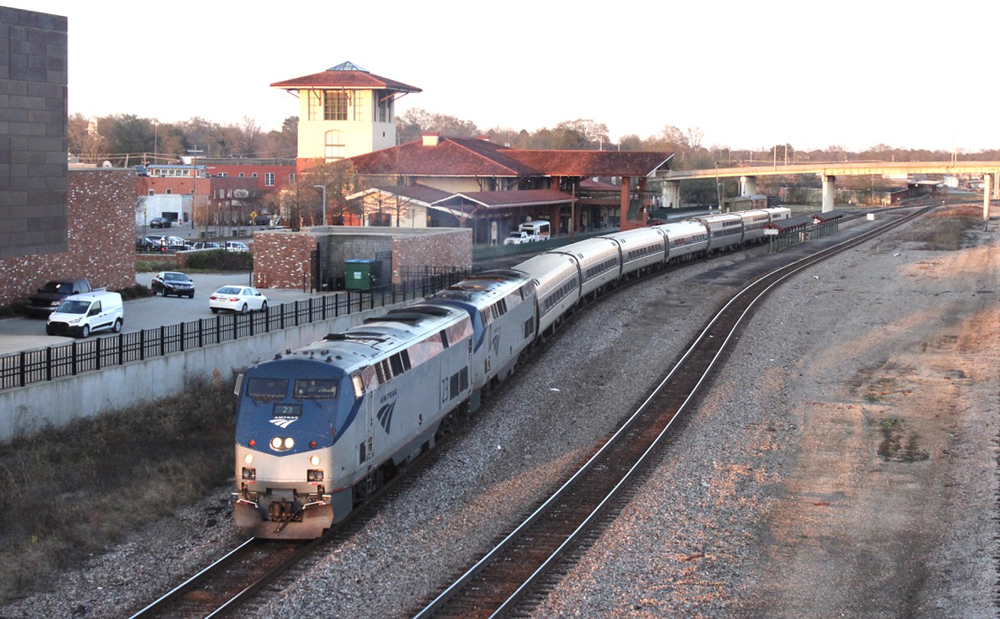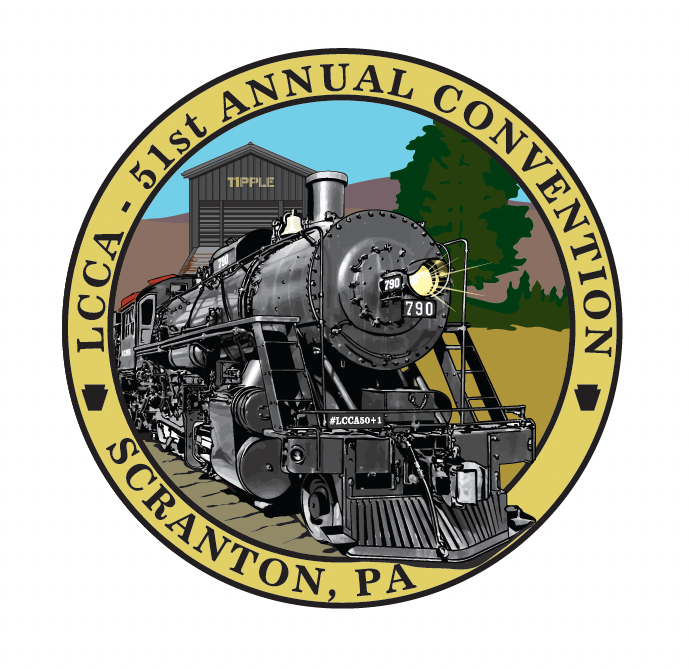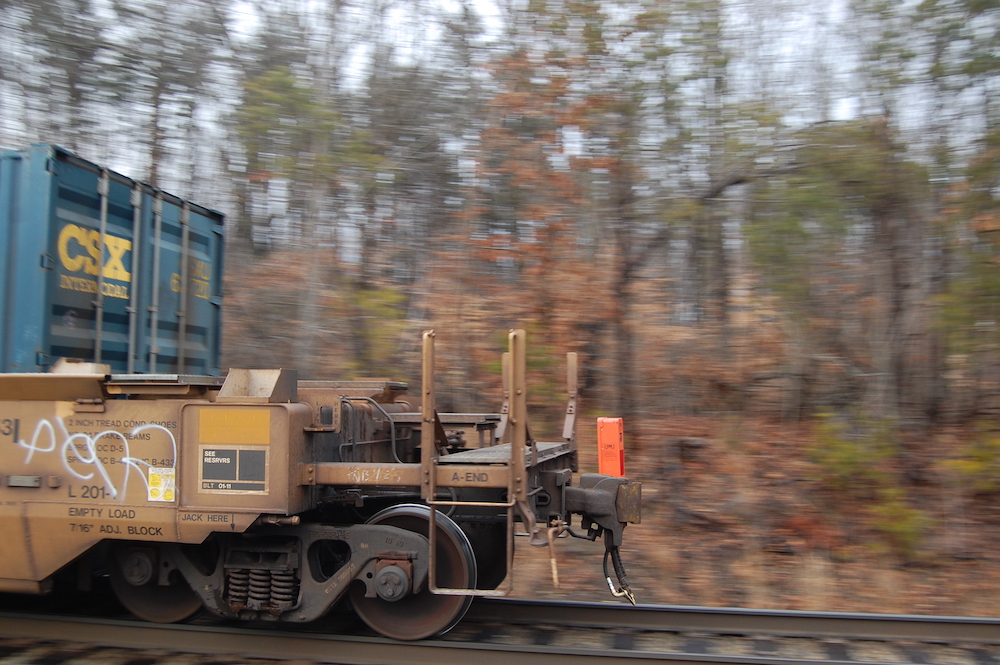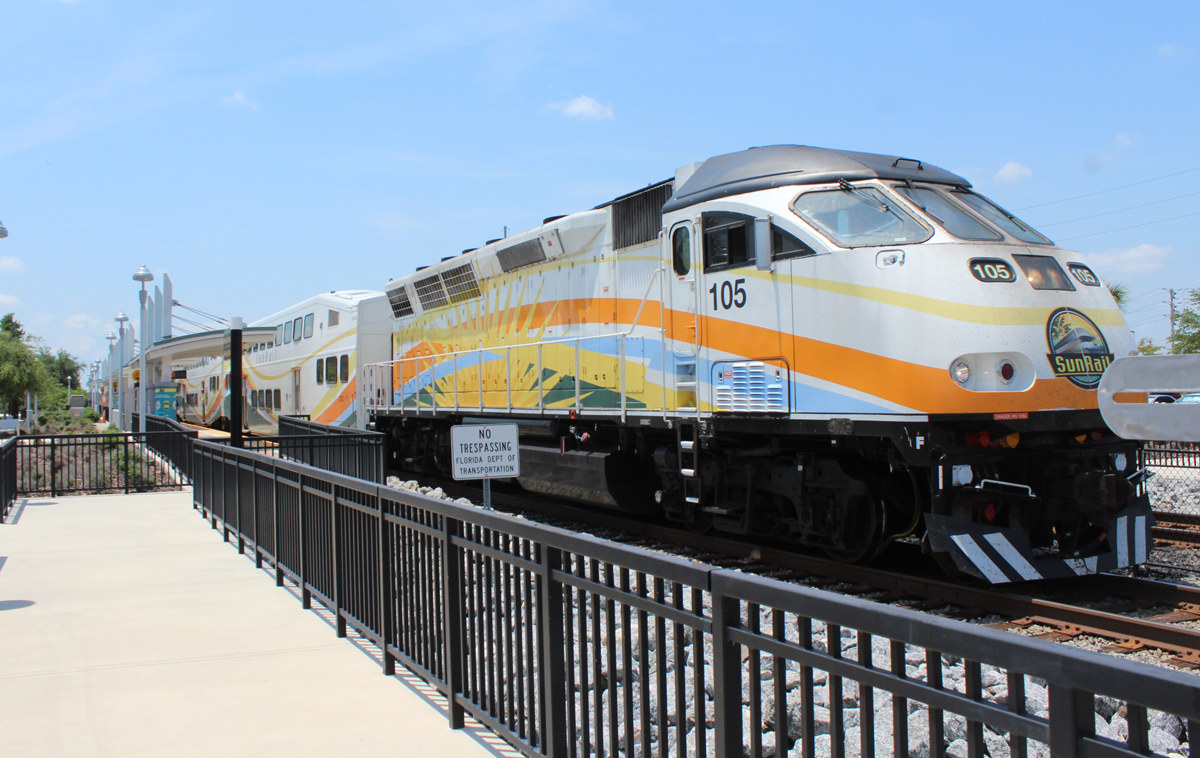From its launch in May 1999 as the successor to the Iron Highway concept developed by CSX Intermodal, the Expressway roll-on, roll-off trailer-on-flatcar trains served a niche market.
“Demand for all rail services, both in carload and intermodal, continues to strengthen across our entire network, and CP is committed to focusing on our core freight rail transportation service in support of the overall economy,” spokesman Andy Cummings says. “CP continues to offer intermodal and freight services between the greater Montreal and Toronto metropolitan areas, and will work directly with Expressway customers that are interested in utilizing those services.”
It was always a tall order for CP to compete in a 350-mile lane, well below the normal threshold where intermodal could compete with trucks.
Jim Blaze, a consultant and retired Conrail executive who has studied short-haul intermodal, says he’s sad to see Expressway winding down.
“It was a mechanical engineering service product designed to attract the short-haul trailer truck from the roads to the rails,” Blaze says. “As the initial sets of cars aged and wore out, it now appears to be over. It succeeded, but only in a market niche. What’s going to replace it technology-wise as a long term viable rail/semi-trailer operation? Or will that require too much investment risk? I don’t have the answer.”
Expressway’s operational philosophy was straightforward: Streamline terminal operations. Build relatively short, fast trains that run on trucklike schedules. Keep slower, lower-priority traffic out of their way. And, above all, be on time, every time.
CP also kept a tight lid on Expressway costs, a requirement to be a player in a 350-mile corridor. If geographic fate had been friendly to the railroads, Montreal and Toronto would’ve been separated by at least 750 miles, the distance where the economies of rail begin to tip the scale away from the highway. But that’s not the case, and CP played the hand it was dealt.
When CP looked at the Montreal-Toronto lane two decades ago, it saw both opportunity and challenge for an intermodal operation. The business was there. How to get it and turn a profit was the question.
Ultimately, CP chose to partner with truckers, whose input helped develop the Expressway service. CP started the operation from scratch in 1996 as a test project using prototype Iron Highway equipment. The goal was to offer truckers fast service with both morning and evening departures six days a week.
The service expanded to include terminals in Detroit and Windsor, Ontario, in May 2000, creating a Detroit-Toronto-Montreal lane. At the time, CP envisioned launching Expressway service to Chicago.
But that never materialized, and CP ultimately curtailed the service, scaling it back to a single daily departure linking Toronto and Montreal.
In a way, the roll-on, roll-off Expressway service brings intermodal full circle, back to the days when the first piggyback trains were loaded circus-style. As intermodal grew, circus-style loading became impractical. Piggy-packers and overhead cranes became the standard tools for loading and unloading containers and trailers.
Although all that volume produces efficiencies of scale and fatter profit margins, it also can mean slower and less frequent service, terminal congestion and the requirement that intermodal users buy reinforced trailers that can withstand lifting. None of that was conducive to what CP needed to provide a low-cost short-haul service that truckers would use.
What sets Expressway apart from other intermodal technologies is its ability to handle virtually any highway trailer. More than 90 percent of trailers on the road in North America are not reinforced for conventional intermodal service.















Interestingly, CP sought a contribution toward line haul infrastructure to keep the longer original configuration to Detroit (Windsor), but was not able to get any level of government to agree to help offset the highway damage. See page 19 at the link below.
http://www.gateway-corridor.com/torontoworkshop/documents/presentations/Cairns_Malcolm_Toronto.pdf
The Expressway service often carried trailers that appeared to be heavier than allowed on Ontario and Quebec highways. Many carried very long lengths of rebar steel as an example. Four-axle trailers were common.
Now these loads will be traveling on the already congested highway between Toronto and Montreal. The taxpayers of Ontario and Quebec will foot the bill for the increased cost of maintaining the highway.
CP seems to be doing nothing to market any services east of Toronto. They gave up everything east of Montreal many years ago. Sad for what was Canada’s first transcontinental railway.
Stupid, move indicating that CP hasn’t any marketing talent in eastern Canada. Hire some people who can think and make intermodal work.
I would loved to have seen a photo or two of these “Iron Highway” converts.
I have read elsewhere that the end of this service was caused in no small part by the bankruptcy/closure of Sears Canada. The loss of this major customer had a follow on effect on the whole service.
After Roadrailer it was only a matter of time before Expressway followed into history.
Hey boys, it’s just to much work running those pesky little piggyback trains. Too much piece work. I guess they would rather have that unit train traffic handed to them. Well at least we have till June to get out our cameras and kiss it good-bye.
An absolute travesty. Just goes to show you that CPRS does not have the marketing know-how or initiative to provide quality, on-time and reasonably priced intermodal. There are other opportunities for this here in the U.S. but incredibly, CPRS cannot offer the kind of service that these customers need. Just absolutely inexcusable.
Sad. The service was well-patronized, with the trains running full at 105 trailers several times a week. Purging low-margin volumes does not make much sense if it is not replaced by higher-margin traffic. CP is now down to 6 regularly-scheduled trains a day east of Toronto (142-143, 112-113, 118-119), plus unscheduled ethanol (650-651) and grain (332) unit trains. This railroad is dying.
They are unwilling to compete. Unless the traffic is “low hanging fruit” the railroads can’t muster the effort required to make the haul. Trucking’s best customer is inept railroads.